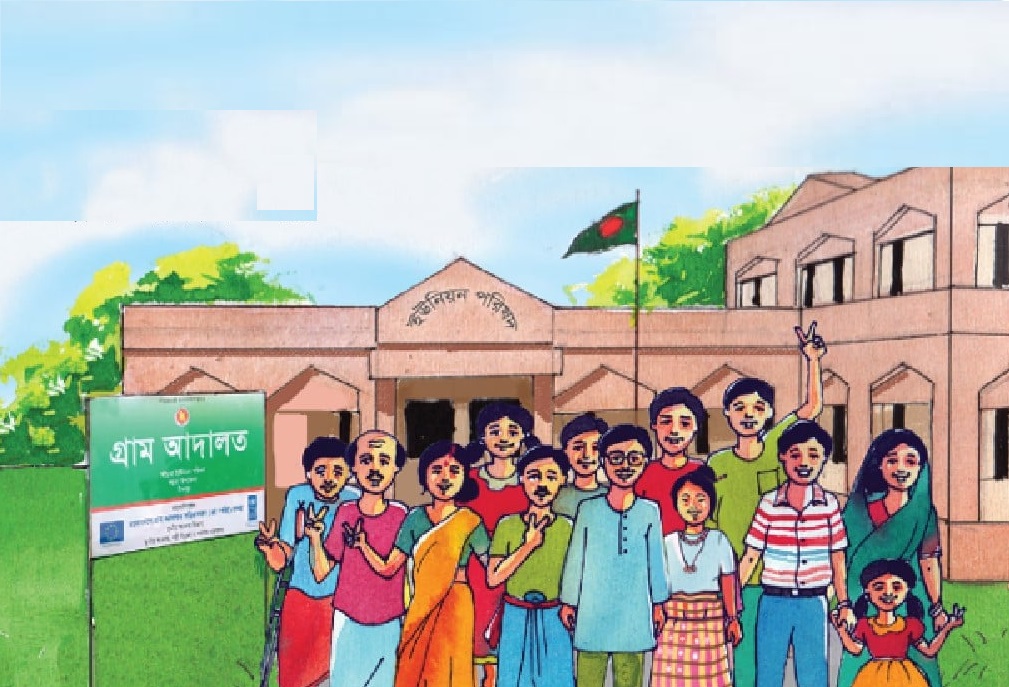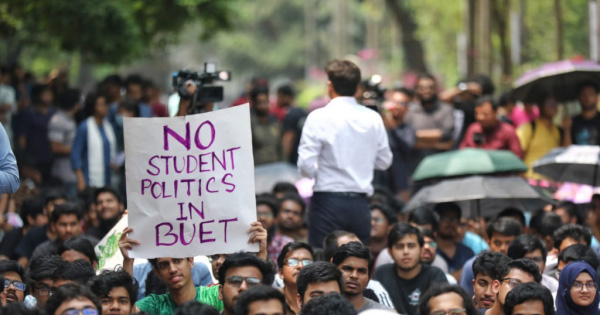The recent Henley Passport Index has dealt a harsh blow to Bangladesh’s global image, ranking the Bangladeshi passport as the ninth weakest in the world. With visa-free or visa-on-arrival access to just 40 destinations out of 227, Bangladeshi citizens face severe restrictions on their ability to travel freely—limitations that are both frustrating and deeply indicative of broader governmental failings.
While countries like Japan and Singapore enjoy visa-free access to 192 destinations, Bangladeshi passport holders can only dream of such mobility. This contrasting disparity raises the critical question: Why is the Bangladeshi passport so weak? The answer lies in the government’s failure to build strong international relationships and improve the country’s diplomatic standing.
Bangladesh’s passport ranking—108th out of 116—reflects the country’s growing isolation on the world stage. The lack of visa-free access to any European country and limited mobility within Asia, Africa, and the Americas demonstrates that the government has failed to negotiate favorable terms for its citizens. In a globalized world, where freedom of movement is increasingly vital for economic, educational, and cultural exchange, Bangladesh’s government has done little to ensure that its citizens are afforded the same opportunities as those in more diplomatically successful countries. This is not just about ease of travel; it’s about global perception. The strength of a passport is a reflection of a nation’s international reputation, economic health, and political influence. When countries impose strict visa requirements on Bangladeshi travelers, it is a clear sign that they do not trust the country’s governance, economy, or stability. This is an indictment of the government’s inability to project a positive image of Bangladesh on the world stage.
For Bangladeshi citizens, this weak passport presents a host of challenges. Whether they seek to study abroad, engage in business, or simply visit family in foreign countries, they face a bureaucratic nightmare of visa applications, long processing times, and frequent rejections. This is particularly frustrating for a nation that prides itself on its vibrant diaspora and growing economic potential. Citizens are trapped within national borders not because of lack of ambition or resources, but because their government has not prioritized improving the passport’s strength. Contrast this with the Maldives, which holds the most powerful passport in South Asia, ranked 66th. Maldivian citizens enjoy visa-free or visa-on-arrival access to 87 destinations—a clear sign that their government is actively engaged in diplomatic efforts to strengthen their international standing. Bangladesh, in contrast, lags behind not only the Maldives but also India, Bhutan, and Sri Lanka, ranking fifth in South Asia. This is a stark reminder that the government has failed to prioritize its citizens’ mobility in a competitive global landscape.
Even more troubling is the downward trend in Bangladesh’s passport ranking. In the first quarter of 2021, the country ranked 101st. By the end of the year, it had slipped to 108th. This decline reflects the government’s inability to reverse the growing isolation Bangladesh faces in international affairs. Instead of working to open doors for its citizens, the government appears content to let the situation worsen, leaving millions of Bangladeshis stranded behind the bureaucratic walls of visa restrictions. This weak passport ranking is not an isolated issue—it is part of a broader pattern of failure. The government’s lackluster efforts in fostering diplomatic relations, improving governance, and building a reputation as a reliable and stable nation have made Bangladesh one of the most isolated countries in the world in terms of travel freedom.
The Bangladeshi government must take full responsibility for the weak passport that limits its citizens’ opportunities. Strengthening the passport will require a concerted effort to build trust and cooperation with other nations through diplomacy, trade partnerships, and international engagement. The government needs to prioritize negotiating visa-free or visa-on-arrival access with more countries, particularly in regions where Bangladesh has significant trade and diaspora ties, such as Europe, Asia, and the Middle East. In a world where mobility is increasingly linked to economic success and individual freedom, the government’s failure to strengthen the Bangladeshi passport is a failure to invest in its citizens’ futures. It is not enough to boast about economic growth while Bangladeshis are trapped within their own borders, unable to explore opportunities abroad. The government must understand that a stronger passport is more than a symbol—it is a gateway to the world and a crucial measure of national progress.
The weak Bangladeshi passport is a direct consequence of poor governance and lack of international diplomatic effort. Until the government takes responsibility for improving the country’s standing on the global stage, Bangladeshi citizens will continue to face the burden of restrictive travel policies, limiting their personal and professional growth. It’s time for the government to stop paying lip service to national development and take meaningful action to strengthen the passport—because a stronger passport means a stronger Bangladesh.







